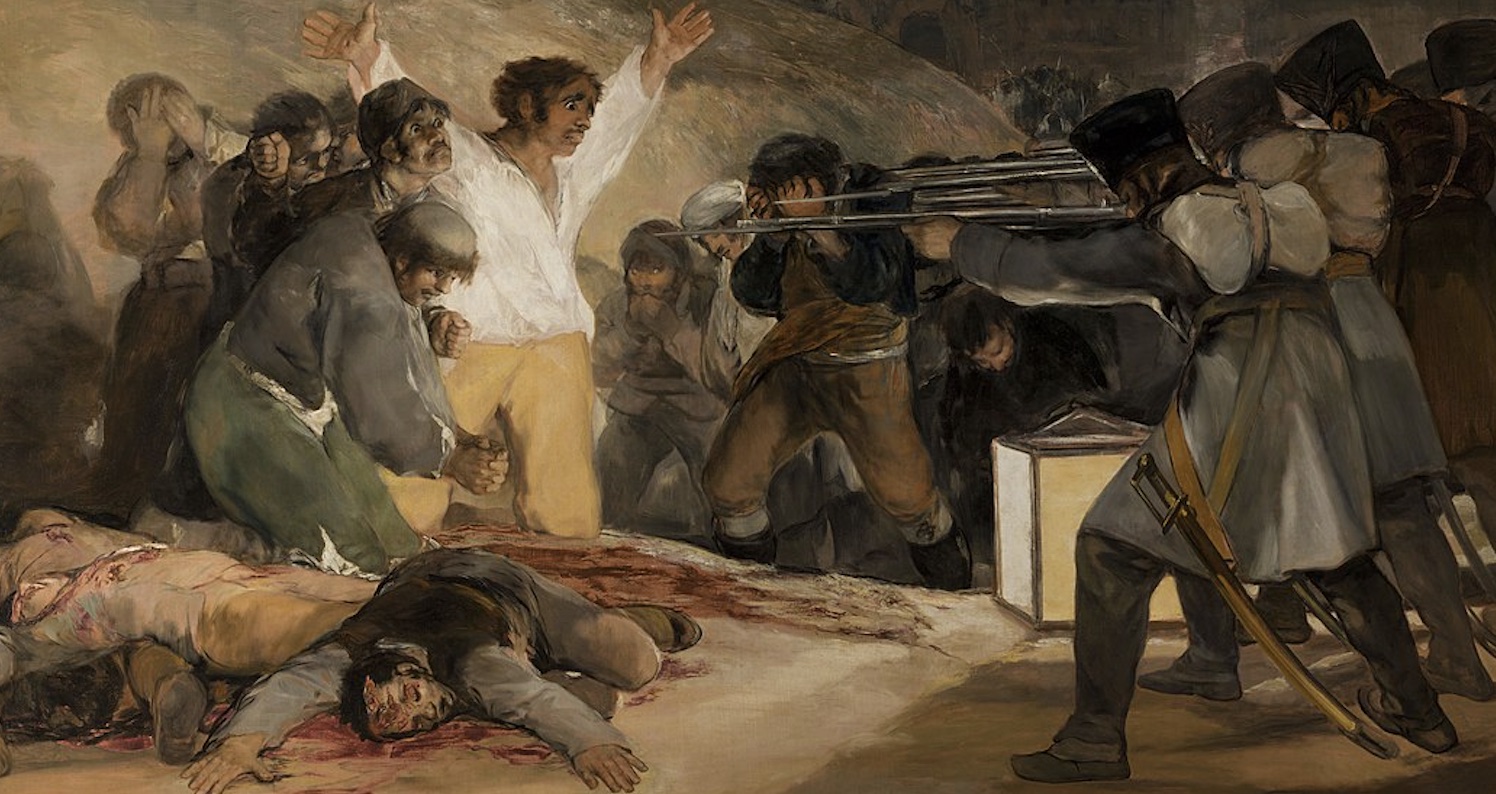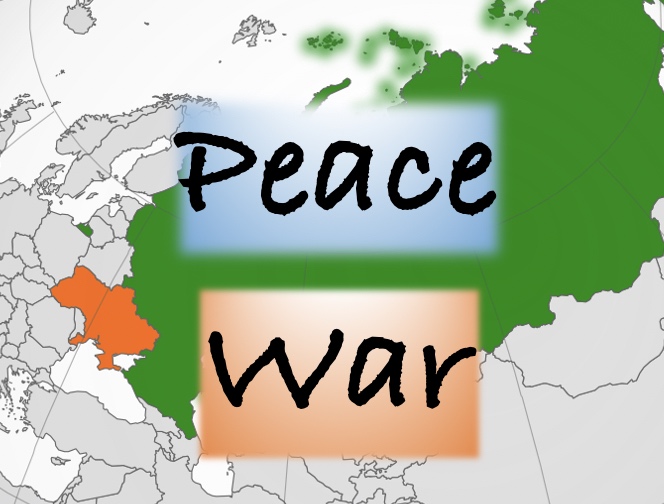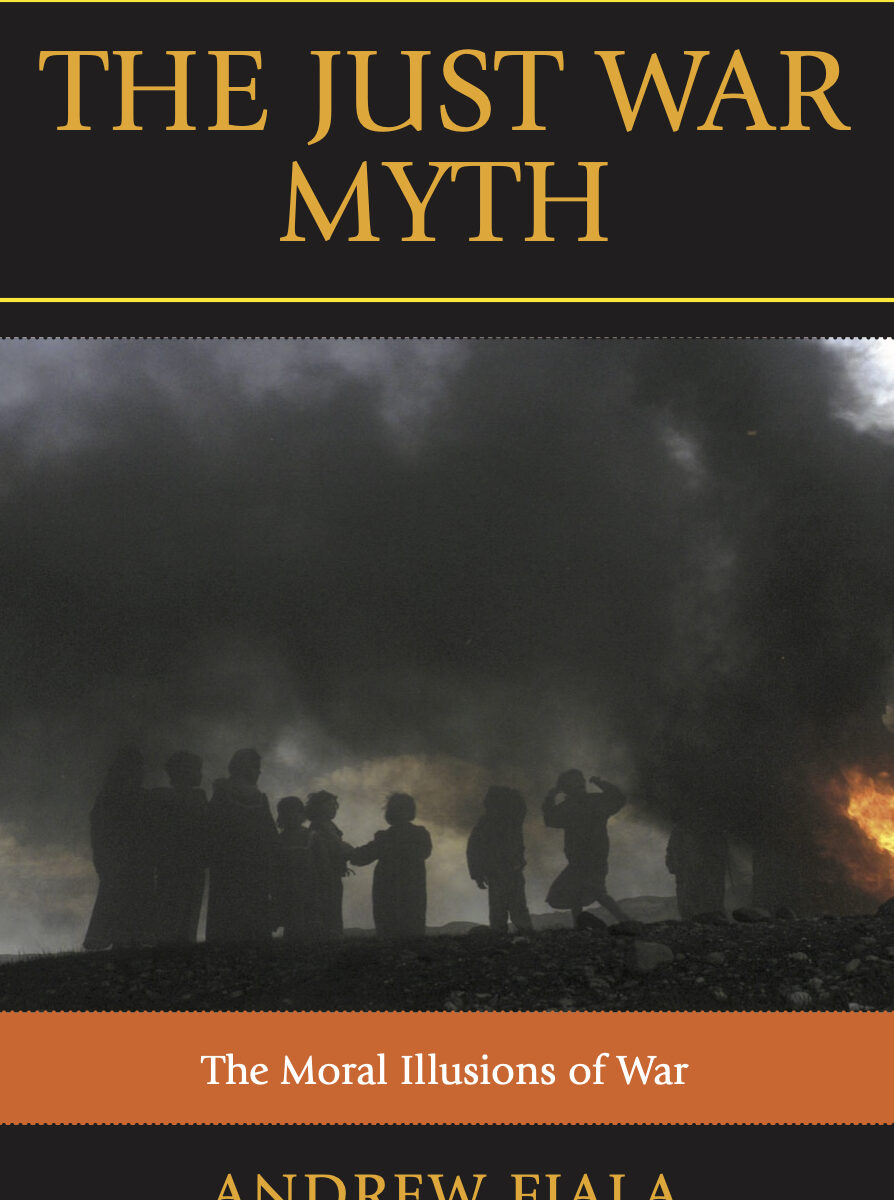The upsurge of protests on college campuses has been too narrowly focused. These protests have picked sides in the current war, without addressing the larger problem of war itself.
The challenge is not merely Hamas or Israel. Rather, what needs to be addressed is the stupidity of war itself. Violence does not solve problems. But we tend to believe it does. This faith in war lies at the root of current controversies, including the growing threat of violence in the protests, counter-protests, and police crackdowns.
Social and political problems are not solved by military force. And yet, many people have a simplistic and foundational faith in warfare. This bellicose faith rests on a false assumption, which holds that physical power is ultimately what matters most. And it is reinforced by a world that celebrates violence in culture, history, and politics.
Violence is animalistic and subhuman. Human beings are animals, of course. Our bodies bleed and suffer. So, we may be coerced in the short run by physical force or by threats of violence. But coercion and violence breed resentment and animosity without resolving spiritual, political, and social conflicts. Physical violence rips through the human world, aiming at the body rather than the spirit. The logic of war is about killing and dominating rather than about changing hearts and minds.
Human dignity demands respect for reason and autonomy. Ultimately what makes us human is our ability to be persuaded by rational arguments and by human emotions linked to justice, compassion, and love.
Some people argue that violence can be justified as an appropriate response to violence or injustice. The “just war theory” maintains that war can be justified in self-defense or to protect others from harm. That theory also teaches that war must be limited, proportional, and only directed at legitimate targets. There are important lessons to be learned from the study of the just war theory (as Jennifer Kling and I have discussed in our recent book). Just war theory would condemn atrocities committed by Hamas on October 7. The same theory also condemns atrocities committed by Israel in its brutal response.
But beyond these obvious judgments lurks the fact that war is subhuman. The current conflict exposes a common historical truth, which is that most wars fail to be just. Limited violence may be justified in theory. But in practice actually wars often exceed those limits. And in the long run the solution cannot be simply to continue to fight wars. Humanity demands a better way.
That better way is the path of nonviolence and the broad commitment to peace that is known as pacifism. Advocates of the nonviolent path have long called for the abolition of war. This way of thinking may seem naïve to those who have faith in war. But pacifism has a strong lineage and has been advocated by thinkers such as Tolstoy, Gandhi, William James, Jane Addams, Bertrand Russell, and Martin Luther King, Jr. Albert Einstein said, in 1952, that “war is no better than common murder” and that “the only solution is to abolish both war and the threat of war.”
More recently, political scientist John Mueller has concluded, “war has come to seem not only futile, destructive, and barbaric, but profoundly stupid.” And Pope Francis said, “the moment has come to abolish war, to erase it from human history before it erases human history.”
The critique of war as a subhuman way of solving human problems deserves much further reflection. But in the media, on campus, and in the congress, pacifism is rarely mentioned. Instead, the hawks hog the stage, egging each other on.
War will not be abolished overnight. The war abolition project demands a radical re-evaluation of our understanding of human nature, political life, the value of nation-states, and the power of the military-industrial complex. This is a multigenerational project.
Nor can war abolition be adequately reduced to a protest chant or slogan. But the tenor of the current protest might improve if war abolition and the general critique of violence were central themes. This would direct our attention beyond current hostility toward the whole system of war and the faith in violence that lies at the root of these conflicts.





